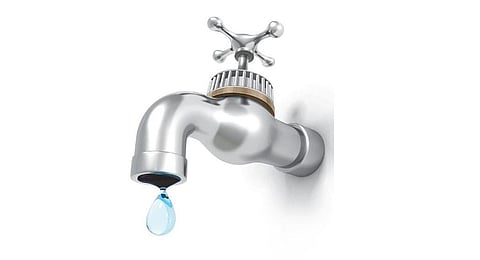

THIRUVANANTHAPURAM: There has been a spike in waterborne diseases across the state with the onset of summer. The most noticeable is the increase in the number of cholera cases. Seven cholera cases were reported in the state this week after an outbreak in a Malappuram panchayat. Though cholera is no longer considered a major public health scare, the reoccurrence of the disease, after a brief lull of two years, is a concern.
“Cholera is an indicator of lack of hygiene. Infections such as cholera, typhoid, and hepatitis A and B have a common source of contamination, usually a water source,” said Dr Purushothaman Kuzhikkathukandiyil, professor of paediatrics at MES Medical College, Malappuram.
The state reported no cholera cases in 2022 and just one in 2021. The other waterborne diseases reported now are typhoid, hepatitis A and hepatitis E. Health experts have pointed out that infections due to rotavirus, norovirus, salmonella, shigella and diarrhoea would also see a spike during this period.
Contaminated water is the main reason for these infections, health experts said. The practice of drinking unsafe water from roadside juice shops and public gatherings is considered a major risk of getting infections.
The scorching heat has also seen a surge in demand for juice. Food Safety Department has found that ice made using contaminated water leads to various diseases.
“There is a need to improve the water quality surveillance to ensure that people are not consuming unsafe water. Setting up micro drinking water projects and a unified public health cadre should be the long-term plan to ensure safety,” said Dr Althaf A, an epidemiologist and associate professor at Government Medical College, Thiruvananthapuram. “The waterborne diseases usually do not lead to a massive outbreak due to the practice of drinking boiled water,” he added.